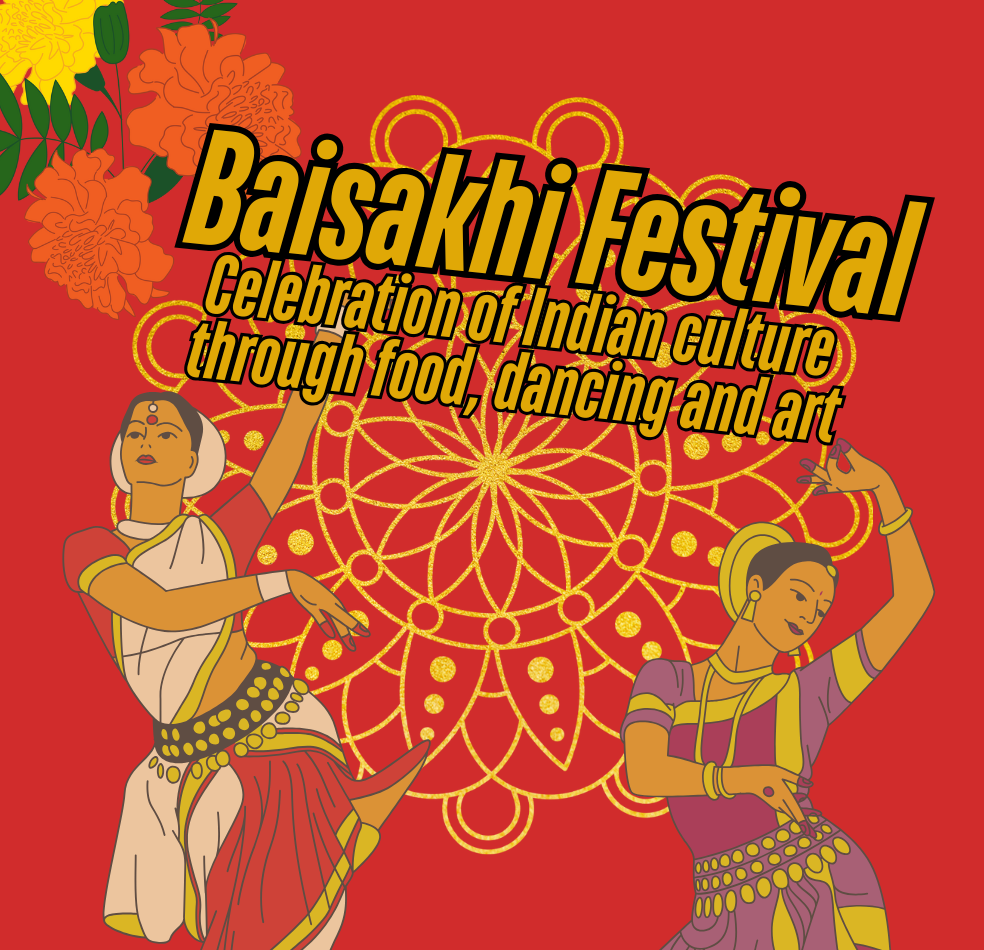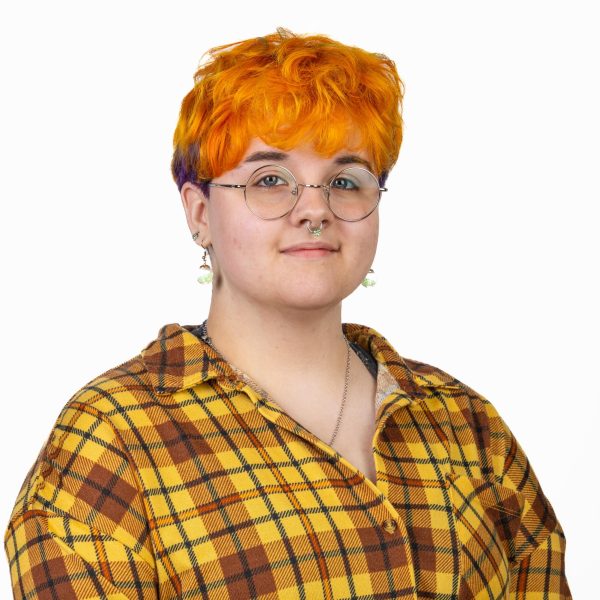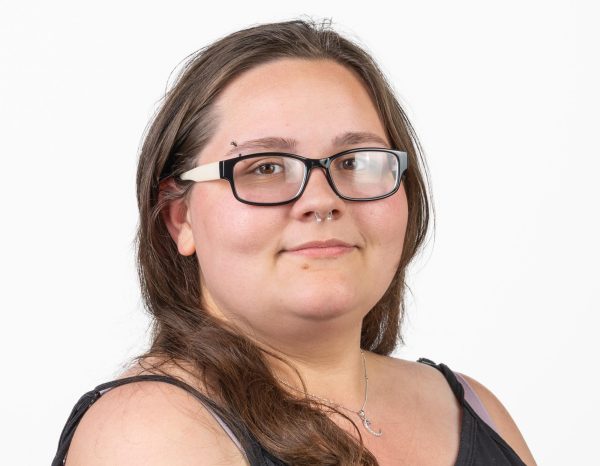The International Student Organization will celebrate a night of Indian food, dancing and art. ISO and Station 74 will host a Baisakhi Festival from 7-9 p.m., on Wednesday, April 9.. The Baisakhi Festival is an annual celebration from Punjab, India. Hernoorpieet Kaur, a nursing student from Punjab, came to Murray State this semester and helped organize the event. Baisakhi is a celebration of the wheat harvesting season, which inspires the vibrant yellow theme of the festival, she said.
“Most people don’t know the reason why we are celebrating the festival,” Kaur said. “Agriculture is the main source of earning (in Punjab), and wheat is the main source of food we eat, so we celebrate that.”
ISO’s Baisakhi festival brings this important event to Murray so Punjabi students can celebrate their culture and share it with their peers. Kaur said a big part of the festival is henna, a tree-based impermanent ink used to tattoo women’s hands in India. Festival-goers will also enjoy a variety of wheat-based food and plenty of music and dancing, including Kaur’s solo Giddha performance, a Punjabi folk dance for women.
“We prepared the Punjabi menu (with) paneer tikka, shahi paneer, chicken tikka, all of those things,” she said. “We prepared the music to play there … It’s not completely Punjabi and not completely English, but they are good beat songs. You can dance and have a good time.”
There is no dress code, but attendees are encouraged to come in traditional Baisakhi yellow and orange colored clothes. Kaur said learning about and wearing other groups’ clothing during their ISO events is one of interacting with cultures that differ from her own.
ISO hosts different events every semester to celebrate, uphold and connect international students from around the world. Attending events like the Baisakhi festival, the multicultural night at Winslow Dining Hall, ISO student presentations and rebate nights is a great way to directly support and learn about the diverse student body at Murray State.
“(ISO) helps us to show ourselves and represent our community, background, country, religion, everything,” Kaur said. “(That) helps to gain a vast amount of knowledge and explore and increase your intellect also.”






























































































